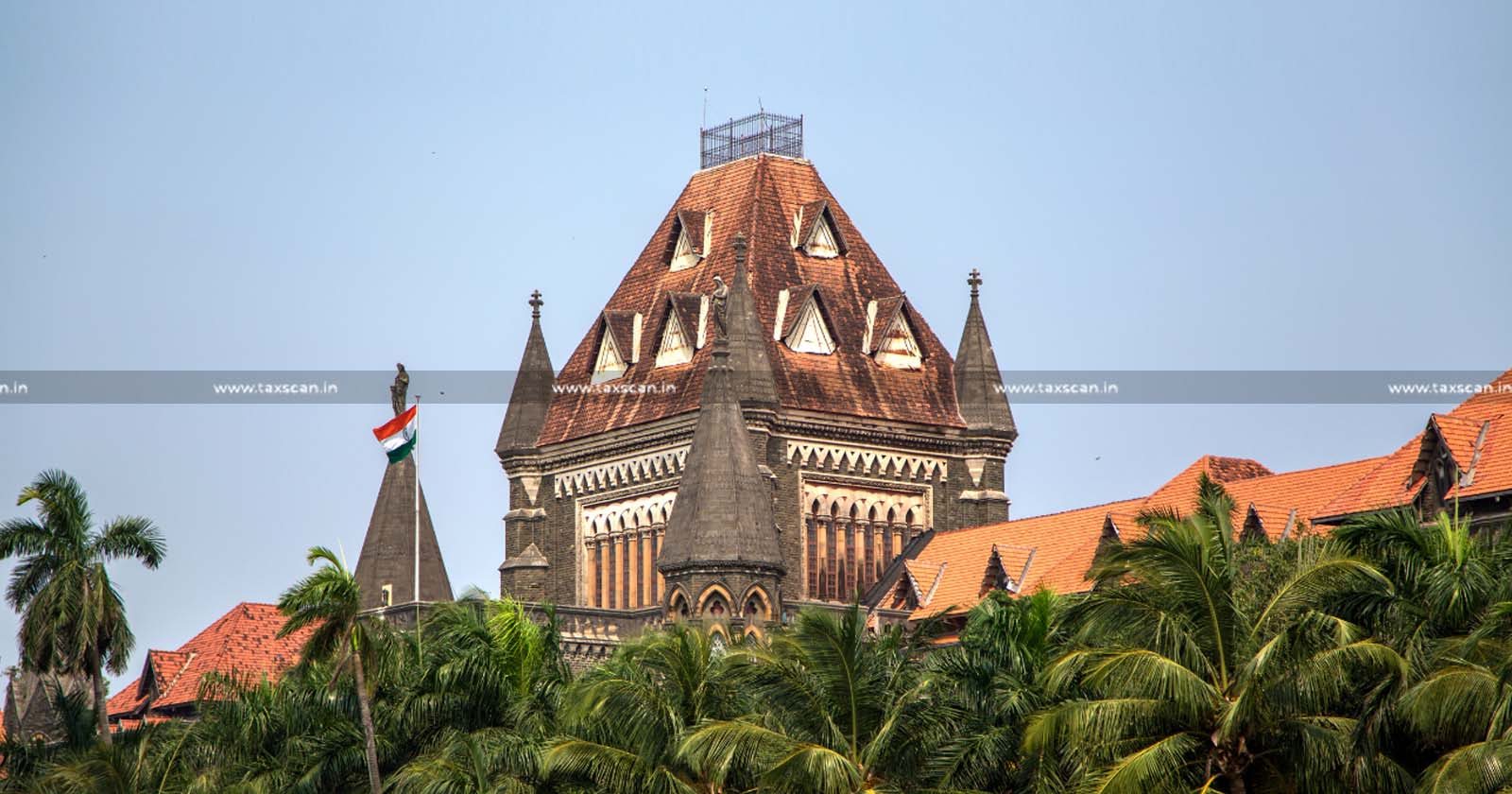HC as Appellate Court not to Interfere with Orders of ITSC: Bombay HC [Read Order]
Bombay HC rules, HC as Appellate Court should not interfere with orders of ITSC

Bombay High Court – Appellate Court – Income Tax Settlement Commission – ITSC – taxscan
Bombay High Court – Appellate Court – Income Tax Settlement Commission – ITSC – taxscan
A Division Bench of the Bombay High Court ruled that the High Court as an Appellate Court is not empowered to interfere with orders of the Income Tax Settlement Commission ( ITSC ).
It is Revenue’s case in this petition that in the report dated 20th December 2012 furnished under Rule 9 of the Rule, Revenue had sought direction from the ITSC to direct Revenue to make or cause to make further enquiry or investigation under Section 245D(3) of the Income Tax Act.
The Revenue submitted that the seized material does not indicate what figures written there pertain to though, on perusal, the figures appeared to be flow of money and in the alternative, that investigation be permitted to also ascertain within which assessment year the materials mentioned in the seized documents were purchased.
The counsel for the petitioner contended that the procedure followed by the ITSC is in the nature of a presumption and therefore the ITSC should have directed the Commissioner to investigate/enquire as to whether the expenditure as claimed by assessee was correct. The impugned order has given no reasons as to why it accepted the claim of assessee that an amount of Rs.8,33,53,000/- has been spent on renovation and purchase of air conditioners and furniture.
The counsel for the respondent submitted that Section 245-I declares that every order of ITSC passed under Sub Section (4) of Section 245D of the Income Tax Act shall be conclusive as to the matters stated therein and no matter covered by such order shall, save as otherwise provided in Chapter XIX-A, be reopened in any proceeding under the Act or under any other law for the time being in force. Though the finality clause contained in Section 245-I of the Income Tax Act does not and cannot bar the jurisdiction of the High Court under Article 226 of the Constitution that does not mean that in every case the court should interfere.
The Bench of Justices Dr. Neela Gokhale and KR Shriram held that “Chapter XIX-A was inserted to enable an assessee, at any stage of a case relating to him, to make an application containing a full and true disclosure of his income which has not been disclosed before the A.O., the manner in which such income has been derived, the additional tax payable on such income and such other particulars as may be prescribed, to the ITSC to have the case settled. When such an application is made and the ITSC is satisfied that there has been a full and true disclosure, the department cannot raise any grievance.’
“The power conferred on the settlement commission is so wide that it can take any view on any questions of law, which it considers appropriate having regard to the facts and circumstances of a case including giving immunity against prosecution or imposition of penalty. Therefore, the scope of interference against a decision of the Settlement Commission is very narrow” The Court noted.
To Read the full text of the Order CLICK HERE
Support our journalism by subscribing to Taxscan premium. Follow us on Telegram for quick updates


